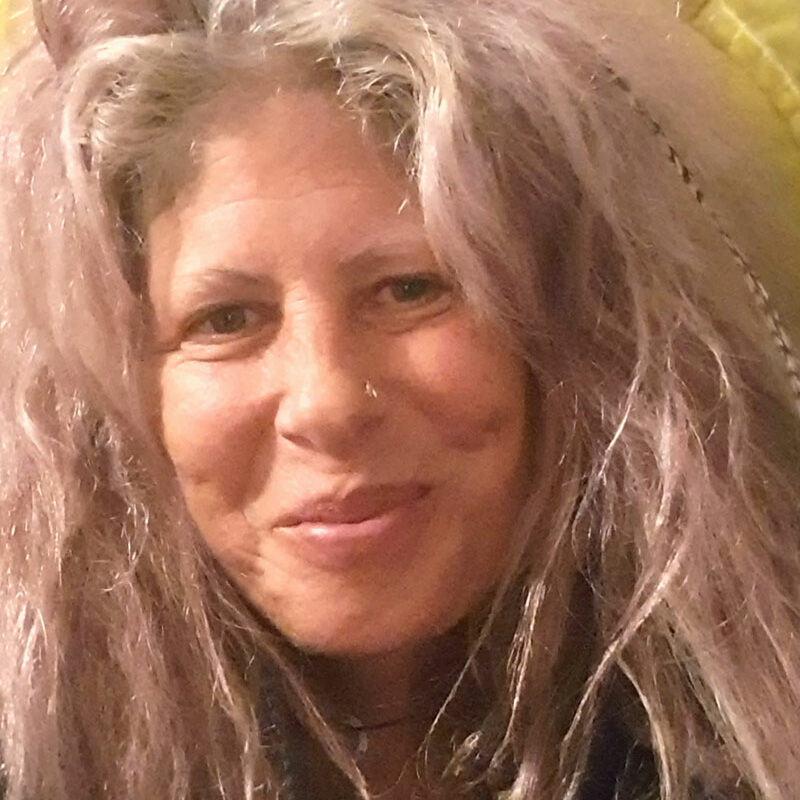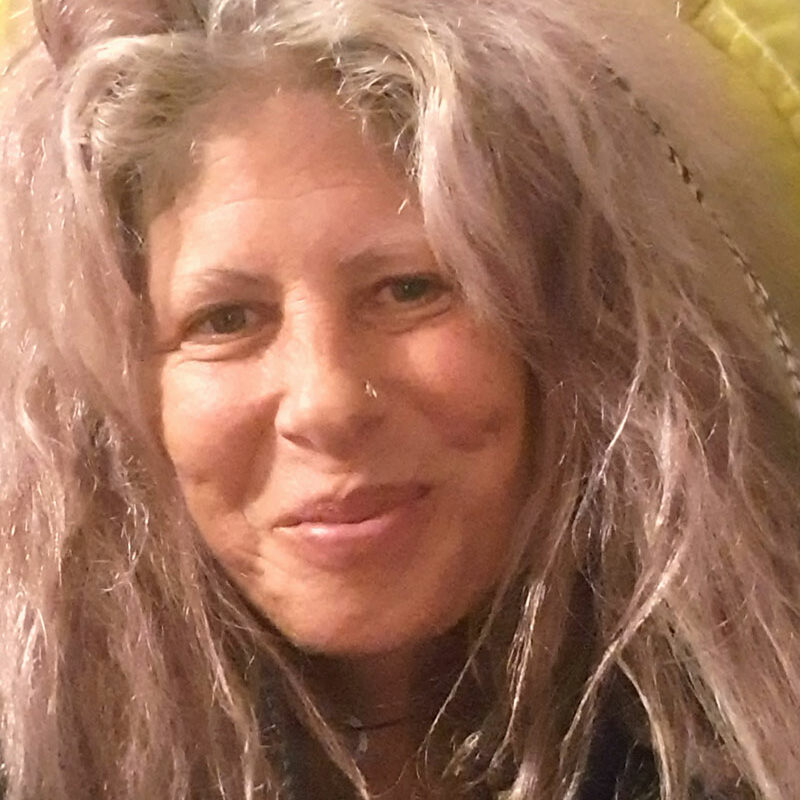A deep, creative and transformative process, which supports you through your holistic awakening journey and individual personal health revolution
Talking About Women and Men
Talking About Women and Men
RJR: Great question! First response… is there only one difference between men and women? Or were you teasing me? And I agree, this will make for interesting discussion. I would also like to consider the rise of the feminine, and its impact on relationships, roles and the nuclear family. May I start by asking you a couple of more personal questions? Are you happy being a man? And would you choose in your next life, if you could, to come back as a woman?
NS: Of course the difference is – or the differences are – likely to be complex. But let’s see how this discussion unfolds. Am I happy being a man? That in itself is a complex question. I’m not completely happy – I don’t see how anyone could call themselves happy living in this world that we have created! And being a man? It’s something that I rarely think about. Is that because I am a man? Or because I am a human being? I don’t think of myself first as a man – but then women have often said about something that I’ve said or done that that’s ‘typical of a man’. As I know only my own life, body and inner bundle of memories, thoughts and conditioning, I have no idea what it is like to be a woman – or to be another man. In another life, yes, of course I would want to come back as a woman. That way I would have some real insight into the differences between us. In the meantime, I am stuck, trapped in only what I know. Perhaps this discussion can open things up a bit.
RJR: Are there not levels of happiness? If we are all to live in existential crisis, then I don’t think there would be any energy left to do more than survive each day, let alone create the much-needed change that the world needs right now. Maybe my original question could have been: what is your inner experience – being a man? I understand that you do not think about it, so I guess I am asking you what does it feel like? I know it is a difficult question… so I am going to ask myself what it feels like to be a woman. I feel privileged to be a woman actually. I feel very much in touch with my femininity which to me feels like a soft, receptive, caring, nurturing, holding and creative energy, coupled with an inner strength and growing shared wisdom that I gain with age and from my connections with women who have lived and learned too. Can you relate to any of that?
NS: Let’s put happiness to one side, then… I think it may be that this very discussion will highlight some – at least – of the differences between women and men. I see very clearly in women and relate to – in women – the feelings that you have listed. I relate to hardly any of them personally. I think almost all parents – female or male – have a nurturing, caring quality, and I relate very much to that. I also relate to creative energy – but it feels to me more like a compulsive thing: the need to write books or poetry or play music. I feel driven to do those things. I find it difficult to match your listing of female feelings with any list of male feelings. Where you experience inner strength and growing shared wisdom gained with age, I think that I experience a sort of lifelong, ongoing drifting – which often seems likely to lead nowhere.
RJR: It is really interesting what you say about your creative energy… and how it has a purpose, a drive to it, because for me it all about self-expression. It is a need to express myself. I have spent a fair amount of my life allowing myself to be suppressed by men; I have been learning to express myself and to hold on to my power without taking the power away from others. I feel sad reading how you feel about your life. How do you find a way forward that feels like it is not hopeless and without meaning?
NS: I don’t know if the creative energy has a purpose to it. It’s more the result of compulsion – and a sort of release. There is no denying the suppression of women by men – a shameful thing which is, sadly, ongoing. On the other points you raise, ‘way forward’ and ‘hope’, I think are red herrings. What I am trying to convey is a living/drifting in the continuous present. And that may give us some insight into the ‘male’ problem. I feel there is a male drive towards that release that I talked about, and towards pleasure and gratification, and generally passing the time through diversions such as entertainment and alcohol or drugs, and of course sex. There is also a male drive towards control and exercise of power.
RJR: Both men and women are prone to compulsions and releases – addictions and the temporary dopamine release/hit when we get what we want. I am not sure that drifting is specific to men, either. And I am wondering if there is a link between compulsion and drifting… are they polarities of each other? I am not understanding the ‘maleness’ of what you’re saying, so I am hoping you will tell me more. I wonder too whether power is a male issue as well or a human one. So many thoughts and questions! I am wondering if we can focus on one thing for now – how do you feel about the rise of the feminine? You have watched a lot of change in your lifetime, and with your involvement in journalism too, you are more or less at the cutting edge. Do you think men and women have changed in themselves and towards each other in the past ten years, say?
NS: I think there may be a connection between drift and compulsion… a polarity, as you suggest, with one being a sort of escape from or avoidance of the other. Power – in the sense of the misuse and corruption of power – appears to be primarily a ‘male’ thing: just look at the political world, which is still dominated by men. If there is a rise of the feminine, then it is to be welcomed. Women are definitely standing up for themselves and for the feminine, and the female qualities that you listed earlier. We would perhaps all be better off if there were also a rise of these feminine qualities in men. Fundamentally, I think men and women have not changed that much, not in the deeper areas. But certainly it seems that in the first years of this century, women – and particularly young women – are appearing to be stronger and more willing to take a stand. And, importantly, they seem to be doing this without emulating men and ‘male’ qualities. I think they will not settle for second-best any more.
RJR: I am finding that the young men in their twenties that I speak with are generally welcoming the rise of the feminine but I am curious as to why. Do you have a take on that? I am wondering also where that leaves men in their relationships with women. The power I experience in myself, and encourage in others, is one that does not take from others, but infuses and empowers, much like the heat from the sun. But I am noticing more and more that men generally are feeling quite disempowered and what used to be termed ’emasculated’ – as if it were the women’s fault that they were feeling so. And it truly is a horrible experience for women, when they see their men turn into children and/or without a voice and their own power. What do you feel masculine qualities are?
NS: You say that young men appear to be welcoming the rise of the feminine – but that men are feeling emasculated and tending to blame women for it. There seems to be a contradiction here – unless you are contrasting younger men with older men? The rise of the feminine – within men as well as women – has to be better for all of us. And only ‘masculine’ men will feel ’emasculated’ by this. The power and empowerment of women that you talk about seems to be self-confidence, a feeling of being OK with who they are, yes? Many younger men seem to be accepting of the feminine within them and also to be OK with who they are. Many older men are not. Young or old, men, I think, are generally less OK than women. Women seem to see themselves much more clearly. On top of this, I think many men have felt ‘disempowered’ in relationships – and they feel that women have wielded considerable ‘power’ in relationships. Many men do their best to ‘please’ women, and I guess this is not what women want. Of course, in the wider world, men seem to have had the whole power-over-women thing sewn up for a very long time. I wonder if the changes now in progress may lead to a situation where long-term relationships between men and women more or less cease to happen. Women are increasingly valuing their independence, and men may well end up discovering something similar. Masculine qualities? The bad ones are obvious: violent, aggressive, self-centred, shortsighted, disloyal. On reflection, there are some good ones: determination to get things done, creative, caring, loving, determined, passionate, defending those who can’t defend themselves. But a key question for me, especially now, seems to be: are women looking for a man who does not exist, and are men looking for a woman who does not exist?
RJR: I do not believe that men and women we are looking for someone that doesn’t exist. And yes, the power I am speaking of is to do with self-esteem, self-confidence, self-knowing and self-belief… it is a feeling like I am actually standing, and am grounded, in my own power. And it is absolutely my power and comes from my connection with myself, the ground and the sky above me. I do not temporarily gain it from my interactions with others, be they male or female. What would be the point in that? I guess the need, and awareness of this process, comes from being brought up in a world where women were not valued in the same ways as men were, and they played a more secondary, supportive role to them. As a result, women’s needs, and so much more, were suppressed, and long had been for the generations that went before. There was no expectation for women to do well academically, professionally or in any other ways other than support their husbands, and care for their children. Women seem to be looking to men for something that some men do not seem to recognise in themselves (yet!), and both are feeling at a loss. Women are not wanting their men to feel emasculated at all. They want them to be equal to them; to be honest, compassionate, communicative, strong and caring, wise and nurturing. But what does equal even mean? We will always be different…
NS: Presumably equal and different are not exclusive of each other. I think you are right that women are looking for something in men that men do not see in themselves. I think many men – despite change and the rise of the feminine – still see women primarily in terms of their sexuality, which of course is a major error. These factors are close to what I mean about men seeking women who don’t exist, and women seeking men who don’t exist. Presumably there has to be some sort of acceptance of reality on both sides – acceptance and perception of the truth – for there to be a real relationship. There has to be love – not romanticism and sentimentality, but love. I wonder whether – if men and women fail to understand each other – they may give up trying, may decide that relationships are just too much hard work? Back on the subject of equality, it is often argued that problems of equality lie in the fact that it is women who bear children, and it is men who have the drive to do whatever work is necessary to make themselves and women and children as secure as possible. But these are elements of difference and should not impinge on equality, should they?
RJR: In the world we live in now, women bear the children, and are more than willing and capable of making themselves and their children feel secure. So that is no longer solely a man’s role, or do you think differently?
NS: Yes, many women are of course willing and able to do that… but there are still many parts of the world where the odds are stacked against them doing it. No, I don’t think that there is a specific man’s role and a specific woman’s role; the important things are choice and consent. Different relationships and burden-sharing work for different people. And single parents – female or male – can sometimes produce happier children than those from double-parent families. With many women quite capable of being self-sufficient if they want to be, they may be beginning to see that the disadvantages of being in a relationship outweigh the advantages; and if many men have become confused about what women want from them and about what role is now left for them, it may start to become more appealing to both women and men to be free of a conventional relationship.
RJR: I think there very much were, and to some extent are, roles that men and women perform. I hear women of all ages in my clinic, speak of how their men expect them to lead their relationship emotionally; be the one to initiate communication when there is an issue, and come up with the answers too. Women often feel that men are the extra child in their family, and I do my best to guide both men and women through other ways of connecting that does not hook this parent/child dynamic. I don’t really think that people are going to start giving up on relationships – but I feel we are heading for change…
NS: There are men who would argue that women do – to too great an extent – lead their relationship emotionally, and that this does make them feel like ‘the child’ in the dynamic between them. It is also possible to argue that men can end up as eternal children – with boyish and immature attitudes and enthusiasms. Is it fair to say that women, generally, have a ‘three-dimensional shape’ to their lives (dictated by nature) while men have, at best, a two-dimensional line, and, at worst, an aimlessness (also stemming from nature)?
RJR: Oh dear! I was hoping you would come up with something more positive about men! Do you really think that? My view of men is different. I have brought up two boys myself and I love and respect them immensely. I also work with men of all ages and when they are young, both sexes seem to grapple just as hard with their emotions, their self-esteem, and other issues that come with the territory of growing up. A sensitivity to rejection and feeling vulnerable being some of those shared experiences that make both sexes want to retreat from each other. If we parent our boys in the same way as our girls, in a nurturing environment which encourages clean communication, expression of feelings, and responsibility of actions, then as human beings they will grow up with the same human qualities that women hold and value. Women grow emotionally through life and in relationships and they are desperately looking to be met. They are looking for their men to do them same. I once heard an interesting take on men and women that I will share here. Women spend their lives wanting men to change, whereas men hope everyday that their women don’t! How do you feel about that?
NS: Men can be wonderful and can exhibit truly positive qualities of caring, loving and devotion. But that last line of yours is a good one! And I’m sure many men and women would relate to it! And I think it ties in with my hypothesis about three-dimensional women and two-dimensional men. Women do grow up, and many men maybe don’t quite manage it. A lot of adult men will still happily play with train sets (or computer games) – how many women would want to play with their childhood toys? Does this idea of the flowering, growing three-dimensional woman and the two-dimensional, slow (if not static) man strike a chord with what you have observed?

Rowena J Ronson
Rowena J Ronson Shape-Shifter Intuitive Natural Medicine Healer Homeopath Counsellor Functional Medicine Individuals, Relationships & Families For You

